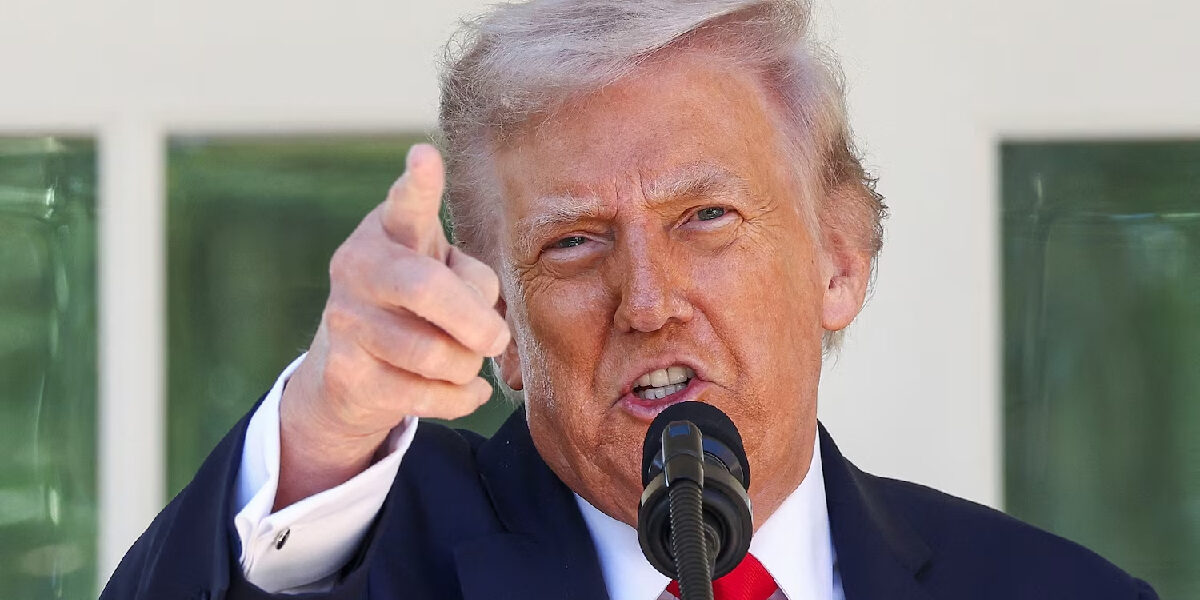Former President Donald Trump is reportedly pushing the U.S. Department of Justice (DOJ) to pay him approximately $230 million as compensation for investigations he faced during his first term and under the Biden administration, according to sources cited by ABC News.
The unusual request, first revealed by The New York Times, would require approval from senior DOJ officials—some of whom previously defended Trump or his close associates in court.
Background of the Settlement Request
The reported settlement talks stem from two separate administrative claims filed by Trump’s legal team between 2023 and 2024.
- The first claim seeks damages related to the investigation into Trump’s 2016 presidential campaign and its alleged connections to Russia.
- The second claim, filed later, centers on accusations that Trump was maliciously prosecuted by former special counsel Jack Smith and that his privacy rights were violated during the FBI’s 2022 search of Mar-a-Lago for classified documents.
Both matters have long been sources of legal and political controversy, with Trump repeatedly labeling them as politically motivated “witch hunts.”
Trump Addresses the Issue in Oval Office Remarks
During a recent Oval Office meeting with Attorney General Pam Bondi, FBI Director Kash Patel, and Deputy Attorney General Todd Blanche, Trump hinted at the ongoing negotiations.
“I have a lawsuit that was doing very well, and when I became president I said, ‘I’m sort of suing myself,’” Trump joked. “It looks strange, right? How do you settle a case where you’re basically paying yourself?”
Trump also noted the irony of the situation, saying, “It’s interesting because I’m the one who makes the decision. It’s a bit awkward deciding how much to pay yourself in damages.” He added that if he received any settlement funds, he would “donate it to charity.”
Ethical and Legal Hurdles
According to the Justice Manual, any DOJ settlement involving a president must receive approval from either the Deputy Attorney General or the Associate Attorney General. However, this case raises concerns about potential conflicts of interest.
Deputy Attorney General Todd Blanche previously defended Trump in both the classified documents and January 6 cases, while Associate Attorney General Stan Woodward represented Walt Nauta, Trump’s co-defendant in the Mar-a-Lago case.
Both criminal cases were dismissed following Trump’s reelection, due to the long-standing DOJ policy that prohibits prosecuting a sitting president.
When asked whether Blanche or Woodward could ethically approve such a settlement, a DOJ spokesperson told ABC News:
“In any circumstance, all officials at the Department of Justice follow the guidance of career ethics officials.”
The department declined to comment further on the ongoing negotiations.
Trump’s Final Remarks
Speaking to reporters in the Oval Office, Trump downplayed the controversy but suggested the government “owes him a lot of money.”
“I’m not looking for money,” he said. “Any funds I’d receive would go to charity. But I was damaged very greatly, and I think that’s pretty clear.”
While the DOJ has not confirmed whether it is actively considering Trump’s $230 million demand, the situation underscores the complex intersection of law, ethics, and presidential power — especially when the nation’s leader becomes both the claimant and the potential payee.
